By Vox Civis
The latest drama to seize the nation’s attention comes in the form of two controversial initiatives that have arrived almost back-to-back: the government’s proposed education reforms that would not only outlaw corporal punishment but make teachers and parents vulnerable to harsh punishments including jail time, and the equally provocative attempt to promote LGBTQ tourism in Sri Lanka.
Each, taken in isolation, might have been manageable. Together, they have ignited a storm of protest and suspicion, exposing a profound clash between the country’s ancient cultural inheritance and the creeping advance of a globalized “woke” agenda that seems intent on reshaping societies according to alien norms.
What makes this moment particularly combustible is not simply the proposals themselves, but the manner in which they are being introduced. The abruptness, lack of consultation and tone-deaf disregard for deeply held social and cultural sensitivities have raised questions that go beyond policy. Many are wondering whether Sri Lanka is witnessing an inexperienced government stumbling into controversy through ineptitude or whether these are in fact calculated moves of external actors pulling the strings, using the naivety of a ‘L’ board administration to push through an agenda that Sri Lankans neither asked for nor are prepared to accept.
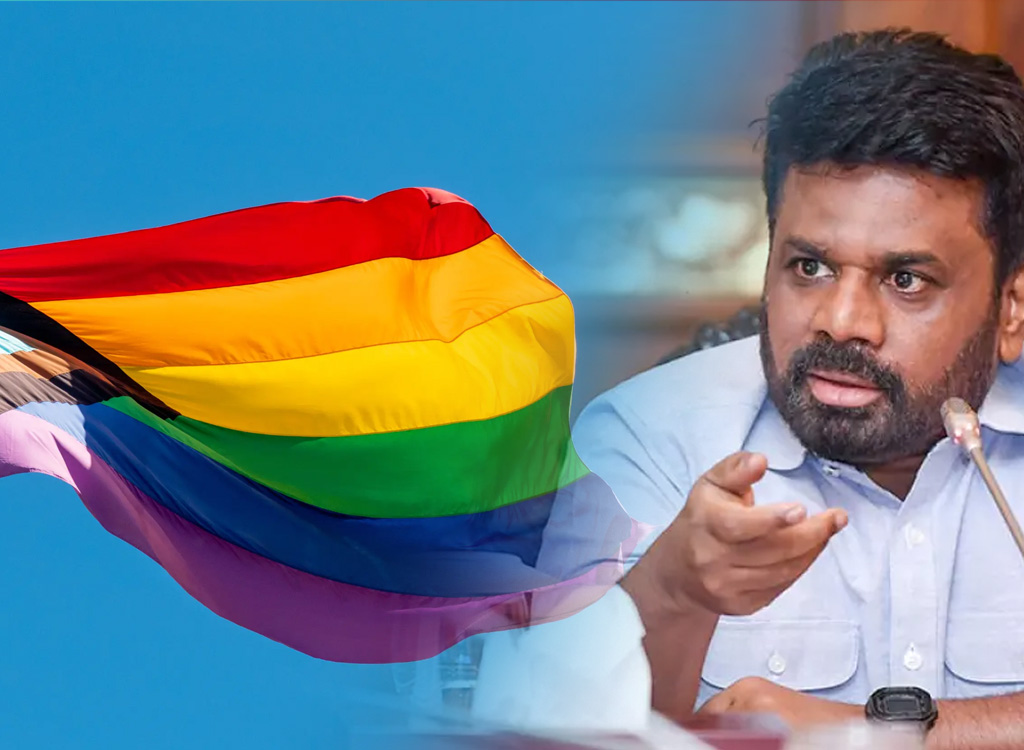
The episode over LGBTQ tourism is instructive. A letter, issued by the Sri Lanka Tourism Promotion Bureau encouraging foreign LGBTQ communities to consider Sri Lanka as a welcoming destination, triggered a furious backlash. Within days, the Minister of Tourism himself had disowned his own Chairman, throwing him under the bus in an attempt to contain the fallout. The speed of the retreat was telling. If the government truly believed in the policy, it should have stood firm and defended it. Instead, the reversal demonstrated that the regime had gravely underestimated the level of societal resistance to such a venture and was now scrambling to save face.
Grave miscalculation
The revealing glimpse into the country’s unreadiness to confront this issue in a manner that is both honest and mature, pointed to a serious political miscalculation on the part of the National People’s Power (NPP) regime. While it is true that urban Sri Lanka – especially the younger generation – has become more exposed to global trends and conversations around sexuality, the reality remains that for the vast majority of people particularly in rural and religious communities, such ideas are seen not as harmless progress, but as corrosive imports. What the government underestimated is that the debate here is not just about tourism or economic diversification but more about identity, culture, and the deep sense of continuity that defines Sri Lanka as a nation.
It is telling that the loudest voices of opposition came not from political parties but from religious leaders who still command immense respect across communities. The Mahanayake Theros albeit somewhat late to respond, Malcolm Cardinal Ranjith who was visibly outraged, and other religious leaders spoke with clarity about the dangers of embracing what they collectively described as foreign ‘woke’ culture. The Cardinal, in particular, articulated the dilemma in stark terms: while he acknowledged the right of individuals born differently to live with dignity, he warned that no government had the mandate to distort the culture of a people. For Sri Lankans, he reminded, the most valuable treasure is not infrastructure or tourism revenue, but their children – the future custodians of the nation.
The timing of this controversy could not have been more sensitive because it coincided with the government’s proposal to ban corporal punishment in schools. On the surface, such a move might appear progressive, even compassionate. But when viewed in the broader context of a society already grappling with a breakdown of discipline, rampant drug abuse among youth and rising indiscipline in schools, the reform struck many as reckless. The fears were only amplified when just days after the reforms were announced, a student in an outstation school had reportedly physically assaulted a teacher.
Chaos the result
This incident crystallized the argument of critics that when authority is eroded within schools, when children are told that discipline is a form of oppression and when teachers are stripped of the tools needed to maintain order, the result is chaos. A child unaccustomed to discipline does not grow into a free-thinking citizen, but rather into an individual vulnerable to manipulation, incapable of respecting rules and easy prey for political or ideological exploitation: a trajectory that Sri Lanka has never seen before. Whether this in fact is the NPP’s ultimate agenda, only time will tell.
In hindsight, it was none other than the JVP now at the helm of government, that pioneered the mobilization of radicalized youth through universities. Not so long ago, campuses were breeding grounds for rebellion and insurrection, filled with indoctrinated young people convinced they were part of a revolutionary vanguard. Those movements led to violence, bloodshed and national trauma. Many argue that the violent ragging that still takes place today, is a legacy of that brutal past.
Today, that same political force finds itself grappling with the monster it once created as universities remain restive and heavily politicized. Against that milieu, it is hardly surprising that many now suspect the education reforms are less about protecting children and more about reshaping them into pliant instruments; products of a system where authority is undermined, morality is eroded and cultural continuity is deliberately severed.
The specter of external influence looms large in this backdrop. It is no secret that foreign-funded NGOs thrive on moments like these; when a new government takes office and the machinery of state is still untested. Their methods are subtle but effective: exploiting global discourses of “human rights,” “inclusion,” and “progress,” they push through policies that serve not the nation, but the geopolitical interests of the powers behind them.
For a country like Sri Lanka, strategically located and politically fragile, the temptation for foreign agencies to establish ideological footholds is immense. Therefore, promoting LGBTQ tourism does not appear to be simply about the safety or dignity of minorities, but rather about rebranding the country in ways that align with the global ‘woke’ agenda. Similarly, dismantling traditional forms of discipline in schools does not appear to be solely about child protection but rather about removing the cultural glue that binds communities and cultures, making societies easier to manipulate.
The American comparison
The parallels with the United States are worth considering. When President Donald Trump returned to office last year, one of his earliest acts was to declare war on what he called the “woke” movement, taking extraordinary steps to curb its spread. His actions split America, plunging the country into what can only be described as a cultural civil war that continues to date. The fact that the world’s most powerful democracy has been destabilized by this very ideology should serve as a stark warning to smaller, more fragile nations like Sri Lanka, already destabilized by economic circumstances. The bottom line is, is Sri Lanka attempting to say ‘yes’ to something that America is saying ‘no’ to, without so much as a public debate, consultation, and consent?
This is why the opposition’s accusations of external interference resonate so strongly. The speed, the secrecy and lack of stakeholder consultation in these controversial reforms all point to agendas being pursued behind closed doors. There is growing speculation that Sri Lanka’s culture, education system and moral fabric are being experimented upon by those who see it not as a people with their own heritage, but as a laboratory for imported ideas.
Meanwhile, the wider social environment appears to be already on the decline. The lavish City of Dreams Casino in Colombo, inaugurated with Presidential fanfare only months ago, has already been linked to its first gambling-related death. It seems that addiction, vice and moral decay are being normalized, cloaked in what passes for development and investment. A case in point being a Minister recently suggesting in Parliament that condoms should be distributed to sixteen-year-old students in schools along with Rs. 5000 in ‘pocket money’ – an astonishing statement that lays bare the disconnect between the custodians of policy and the realities of a society struggling to hold on to its moral compass.
Alarming consequences
If schools become sites of indulgence, if children are told that authority is oppressive and restraint unnecessary, then the consequences will reverberate far beyond classrooms. Police stations and courts will be overwhelmed with cases born from the collapse of basic values. Prisons will fill with those who grew up never learning to accept responsibility and through it all, NGOs and their foreign patrons will continue to claim success in “developing” and “modernizing” Sri Lanka.
True progress strengthens a nation’s core while building on its heritage, thus preparing its people to meet the future with confidence. What we are witnessing instead is a distortion; a deliberate dismantling of the very foundations that have sustained Sri Lanka for millennia. A society stripped of discipline, respect and moral clarity cannot endure, no matter how many casinos, hotels or foreign tourists it attracts.
At stake here is nothing less than the soul of the nation. The task of the government is not to follow every passing global trend, but to safeguard the continuity of culture, to uphold the values that give people meaning and to protect children from influences that would destroy them. In order to achieve these, teachers and parents alike must be empowered, not prohibited. When that duty is neglected and short-term gains or external pressures override long-term responsibility, the results are usually nothing short of catastrophic.
The controversies over education reform and LGBTQ tourism are not isolated debates. They are symptoms of a larger struggle: whether Sri Lanka will chart its own course, rooted in its ancient traditions and collective wisdom, or whether it will become just another casualty in the global culture wars, remade in the image of others. Religious leaders have sounded the alarm, society has registered its protest, now the government must decide whether it will listen or continue down a dangerous path.
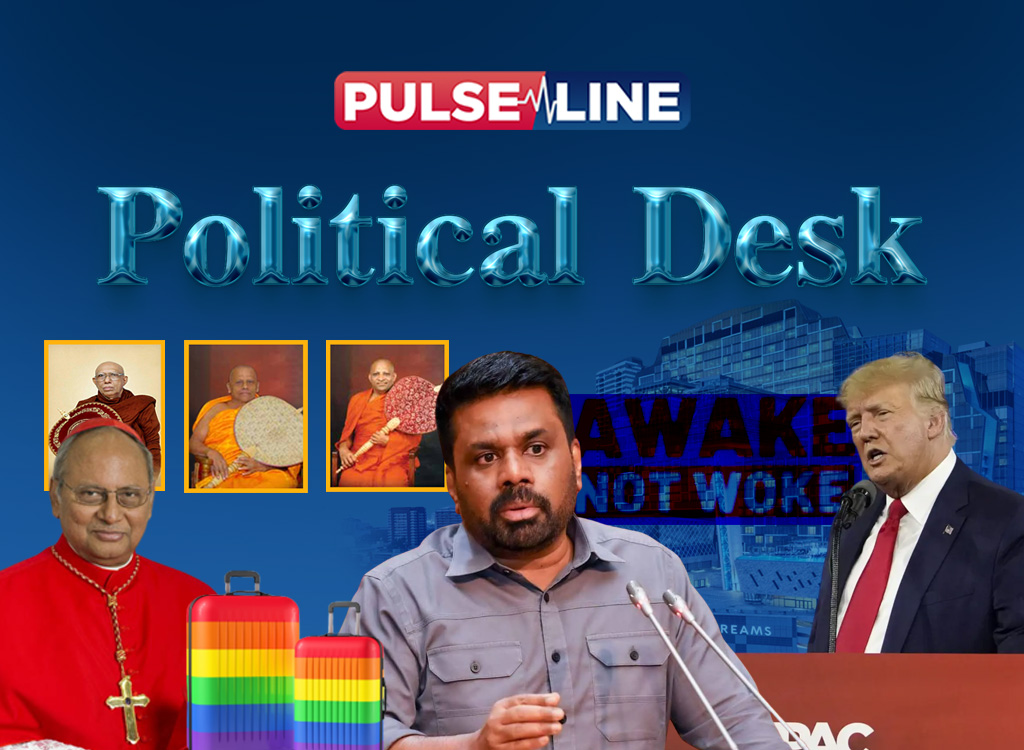
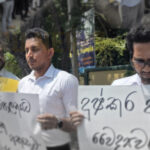

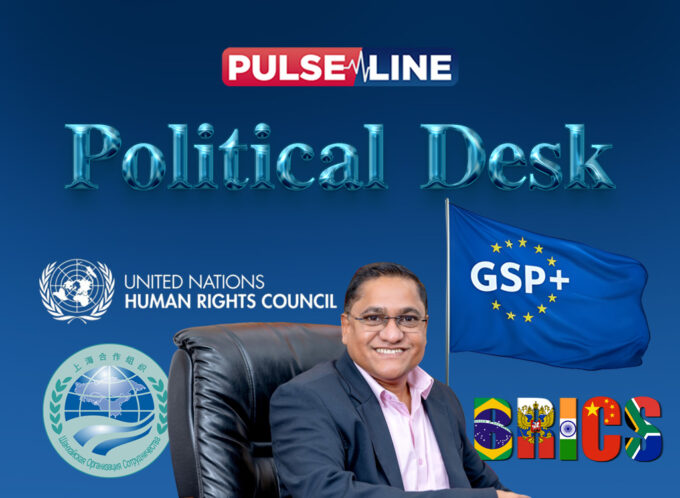
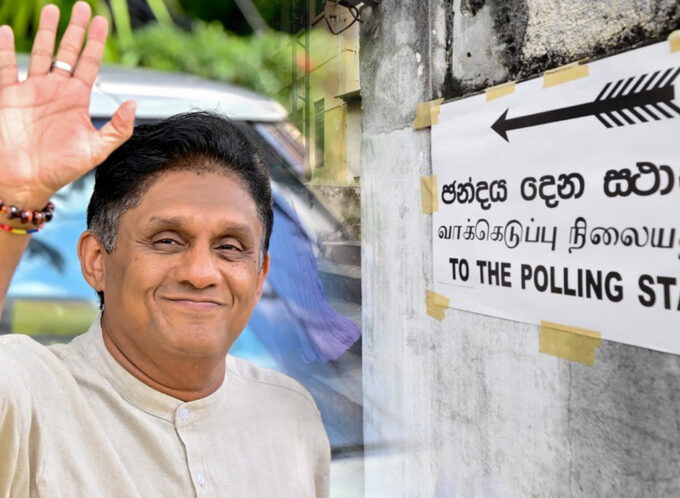
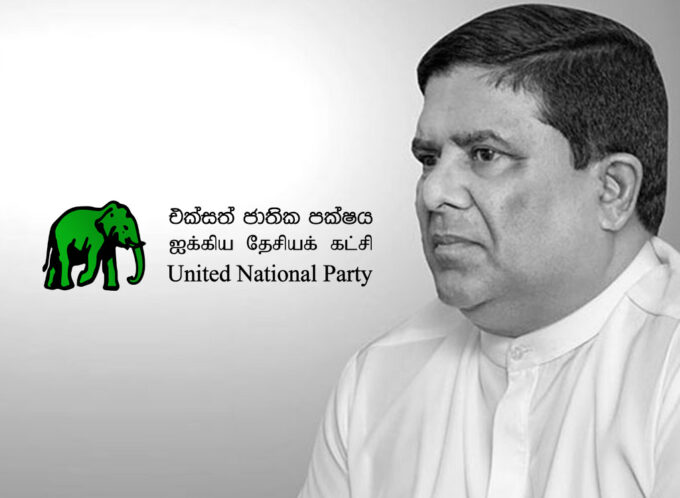
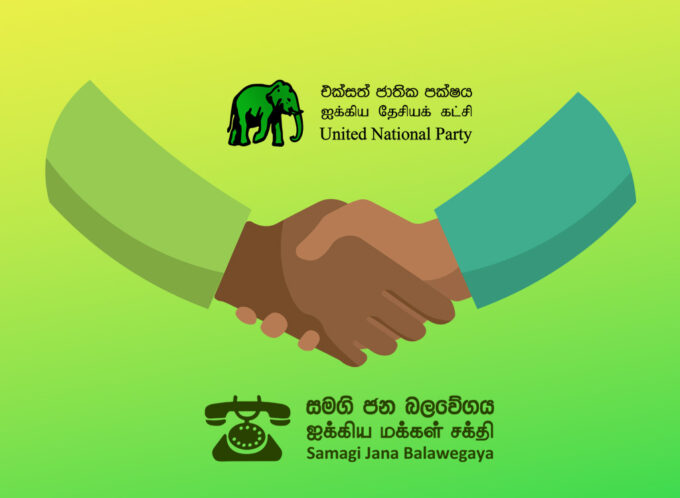




Leave a comment